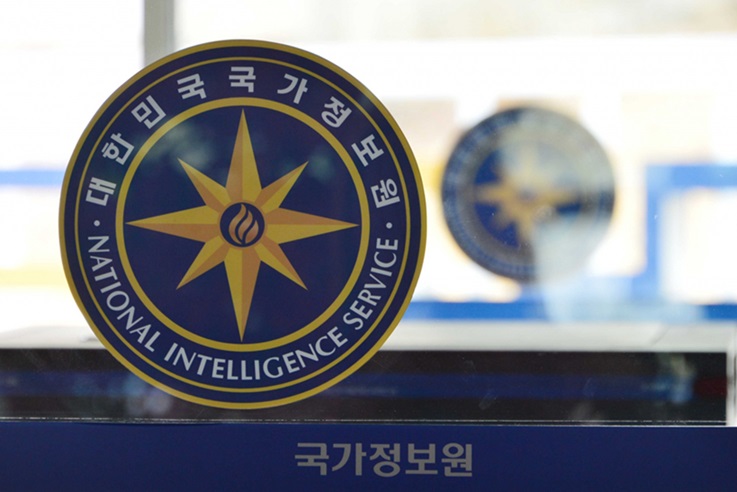In a move that underscores rising tensions on the Korean Peninsula, South Korea’s foreign ministry has elevated the terrorism alert level for five of its diplomatic offices in the region. The decision, based on intelligence indicating potential threats from North Korea, affects embassies in Cambodia, Laos, and Vietnam, as well as consulates in Vladivostok, Russia, and Shenyang, China.
The alert level has been raised from Attention to Alert, the second highest in South Korea’s four-tier system, signaling a significant perceived risk of attack. The country’s National Intelligence Service (NIS) has noted “indications that North Korea is preparing to carry out terrorist attacks against our diplomatic officers and citizens,” though specifics of the threats have not been disclosed.
The NIS has also reported increased surveillance of South Korean missions by North Korean agents in the affected countries. Meanwhile, efforts to reach the North Korean embassy in London for comment were unsuccessful.
North Korea has dismissed these allegations of terrorism as part of a broader conspiracy led by the United States to undermine its government. This latest development comes against the backdrop of historical tensions, including past attacks attributed to North Korea during the Cold War, such as bombings at a Seoul airport and the downing of a South Korean airliner in the 1980s.
In 2017, the U.S. reinstated North Korea on its list of state sponsors of terrorism following the assassination of Kim Jong Nam, the half-brother of North Korean leader Kim Jong Un, using VX nerve agent at an airport in Malaysia.
To address the current threat, South Korea’s National Counter Terrorism Center convened a meeting to discuss strategies for safeguarding its diplomatic personnel and offices. The situation highlights the delicate balance of diplomacy in the region and the ongoing challenges posed by North Korea’s actions and rhetoric.
(Source: SCMP | Reuters | Voice of America)









